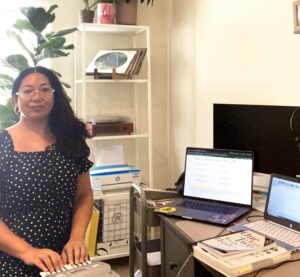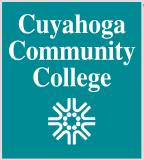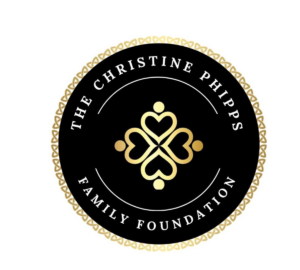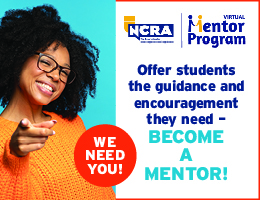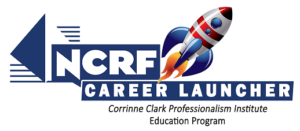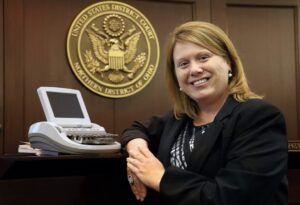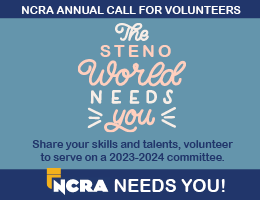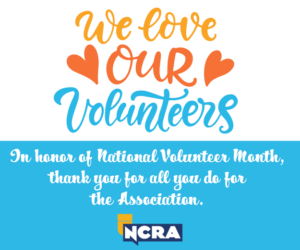
By Callie Sajdera
We have all ridden the emotional rollercoaster of court reporting school. We all experience highs and lows and share the frustration of trying to explain our unique type of schooling with people outside of the program. I too have fallen victim to these frustrations.
As students, being assigned a mentor comes with many difficulties. What if there are not enough mentors to go around or the relationships don’t work out the way you expect? Last spring, a fellow classmate of mine, Emily Hutcheson, brought to the attention of our director, Jennifer Sati, RMR, CRR, CRC, CRI, that she felt overwhelmed when she got assigned a mentor at 120 wpm. She felt intimidated having a mentor so early in the program, and as a result, she never contacted or reached out to her mentor. Due to her intimidation, Hutcheson came up with the program Students Helping Students. This is a new program that Anoka Tech has started where higher-speed students (160+) mentor theory and lower-speed students.
I was assigned a mentor, Anne Bowline, RMR, CRR, later in the program at 200 wpm, and she has set an amazing example for me as I am a mentor to a lower-speed student. I received my mentee, Dina Kunin, when she was in her second semester of theory. This program has allowed me to share the tips, tricks, and mistakes that I have experienced throughout the program that have gotten me this far. It also allows me to hear and understand the struggles of another student and be there for her when she is excited or when she needs advice. I keep in touch with Dina every two to three weeks, or whenever she needs a listening ear. Not only has a strong friendship developed because of this program, but she is just as much there for me as I am there for her.
There are many reasons why this program is extraordinary. First of all, it helps build friendships and support systems with other students while riding that emotional rollercoaster. Secondly, it is preparing higher-speed students to be mentors when they enter the field, and they know what to expect in a mentor-mentee relationship. Finally, it creates a never-ending chain of mentors for the future of this career, ensuring that there will not be a shortage of them.
Being a mentor to a student has really brought me a sense of satisfaction and gratification as I travel through the program, and I have encouraged and supported other students as they make their way to the magic number: 225. Having schools adopt a mentorship program like Students Helping Students can be a small, powerful step to creating more mentors.
NCRA Member Callie Sajdera is court reporting student at Anoka Technical College, Anoka, Minn.



